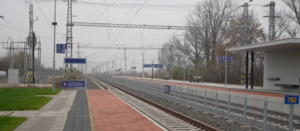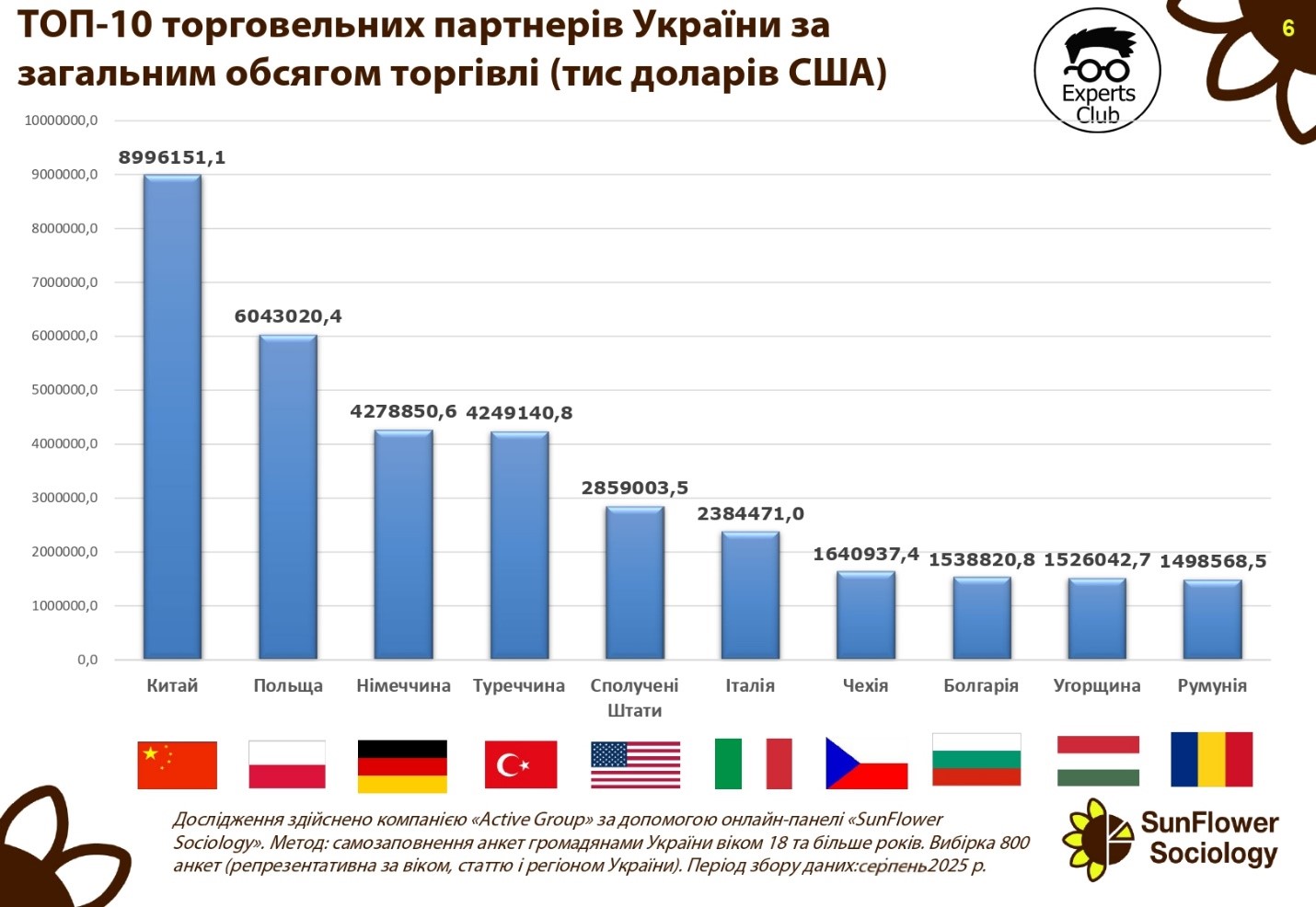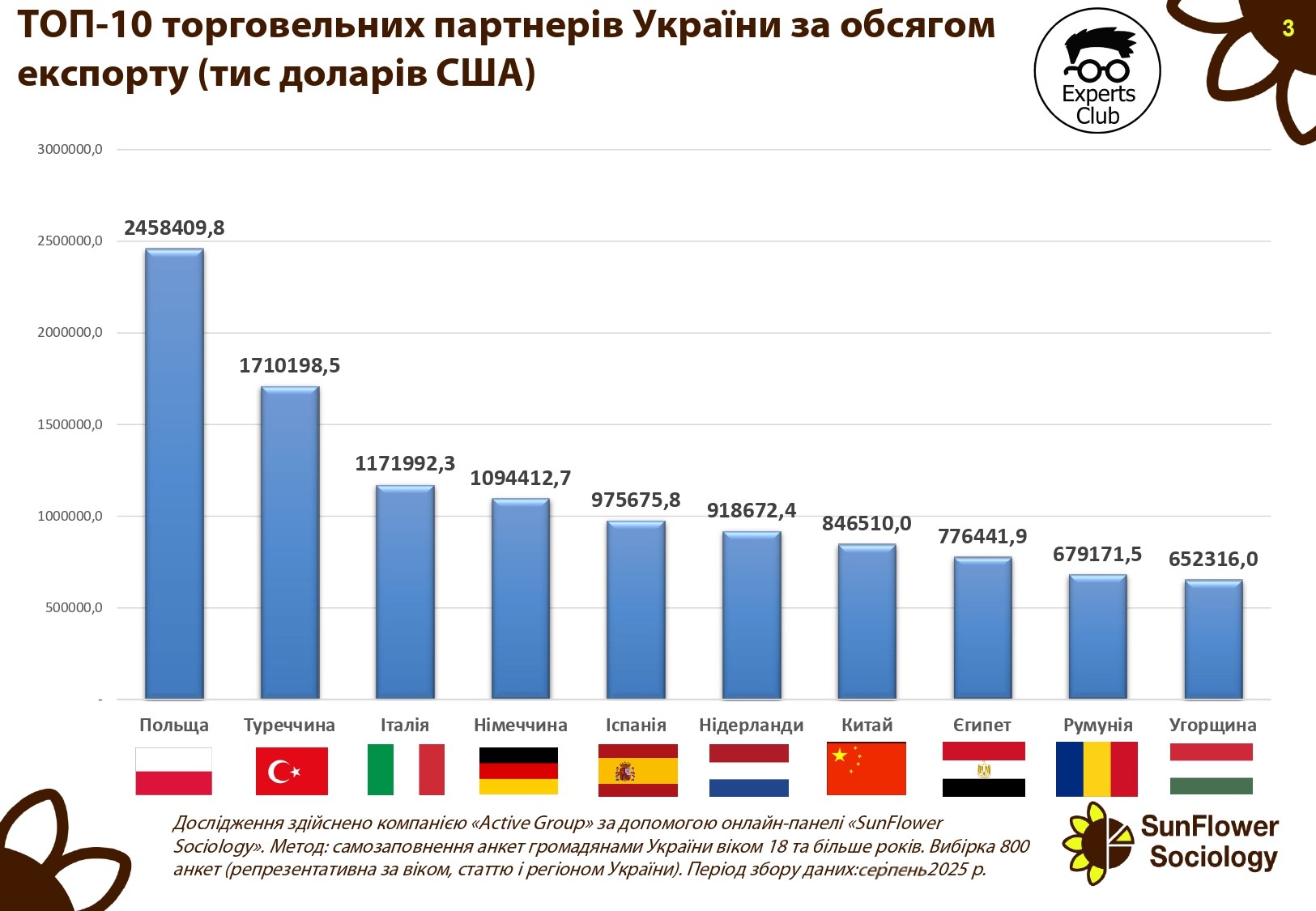
According to Serbian Economist, Budapest, Hungary, ranked first in Radical Storage’s list of the world’s dirtiest cities, compiled based on an analysis of tourist reviews of the cleanliness of popular attractions in 100 major tourist destinations.
According to the study, 37.9% of reviews mentioning cleanliness in Budapest were negative, which was the worst result among all cities surveyed. Rome (35.7% negative reviews), Las Vegas (31.6%), Florence (29.6%), and Paris (28.2%) followed.
The top 20 cities perceived as the dirtiest by tourists also included Milan, Verona, Frankfurt, Brussels, Cairo, Heraklion, New York, Barcelona, Johor Bahru, Seville, San Francisco, Miami, Hyderabad, London, and Osaka. In all these cities, the share of negative reviews about cleanliness ranges from 15.6% to 26.8%.
The authors of the study note that the most criticism for cleanliness is received by mass tourist centers with historic centers and high loads on urban infrastructure. In the case of Budapest, one possible reason is that the waste management system has not been able to keep up with the growth in tourist traffic, which, according to Etias, increased by 8.3% in Hungary in September 2025 and by 12% in the capital itself compared to the same month in 2024.
Radical Storage emphasizes that the rating reflects not objective sanitary indicators, but rather the subjective perception of cleanliness by tourists, as recorded in English-language Google reviews of key attractions in the 100 leading cities in the world according to the Euromonitor index.

According to Serbian Economist, regular rail service between Belgrade and Budapest will start on February 20: passengers will once again be able to travel between the two capitals by train without changing trains. After modernization, the line is designed for train speeds of up to 160 km/h, which significantly reduces travel time and makes the train competitive with road transport.
In fact, this is not only about the “return of the train” between the two capitals, but also about Serbia’s inclusion in the wider Central Europe-Balkans-Aegean Sea transport corridor. Belgrade is gaining a stronger role as a transit hub for freight and passenger flows, and the route is becoming more attractive for logistics and industrial projects.
https://t.me/relocationrs/1894

According to Serbian Economist, Hungary is preparing to tighten tax supervision in a number of economic sectors, including real estate rentals through online platforms, delivery and courier services, and cryptocurrency transactions.
According to Daily News Hungary, the Minister of Economy has submitted two bills to parliament that would require foreign platforms to provide Hungarian tax authorities with detailed data on users and their transactions starting in 2026.
The following will be subject to regulation:
1) private individuals renting out apartments through Airbnb and similar services;
2) couriers and drivers working with Wolt, Uber, and other platforms;
3) investors trading cryptocurrencies through Revolut, Binance, and other exchanges.
Tax authorities will have direct access to information about the income of Hungarian individuals and legal entities, bypassing the self-declaration system.
According to the documents, service providers will be required to provide the company name, registered address, tax number, and personal data (name, date of birth, transaction volume).
Experts note that Hungary’s initiative is not limited to combating landlords — it covers the entire digital economy segment, where control was previously difficult.
“The aim is to create a system of transparency that will increase tax revenues without raising base rates,” the government notes.
Analysts believe that the new rules could affect the rental market in Budapest and other major cities. For foreign citizens living in Hungary and renting apartments through Airbnb, tax risks and administrative obligations will increase.
“Until now, many foreigners have used Hungary as a platform for investing in the rental business. Now, some of them may reconsider their strategy, which in the long run will lead to a reduction in the supply of short-term rentals and, possibly, an increase in prices in the long-term segment,” real estate market experts note.
Hungary is traditionally considered one of the EU countries with relatively low corporate taxes (9%), but the upcoming tightening of control over the digital economy shows the government’s desire to expand the tax base.
CRYPTOCURRENCIES, HUNGARY, real estate rental, tax supervision

In terms of total trade volume, Ukraine cooperates most closely with China, Poland, and Germany. These countries form the basis of the state’s foreign economic relations, exerting a critical influence on imports and exports.
China remains the leader with a total trade volume of $8.99 billion. Poland ranks second with $6.04 billion, while Germany and Turkey are almost equal with $4.28 billion and $4.25 billion, respectively. The United States ranks fifth with $2.86 billion.

The top 10 also includes Italy ($2.38 billion), the Czech Republic ($1.64 billion), Bulgaria ($1.54 billion), Hungary ($1.53 billion), and Romania ($1.50 billion).
“The top ten partners form the basis of Ukraine’s foreign trade balance. China and the EU countries account for the largest volumes of trade, but it is important to take into account the significant negative balance in relations with these countries,” said Maksim Urakin, founder of Experts Club and economist.
He added that although the large volume of trade indicates Ukraine’s integration into global supply chains, dependence on imports from China and Europe creates strategic risks.
“Poland and Germany are key hubs for Ukrainian exports, but at the same time they are significant sources of imports. Therefore, it is critically important to balance trade flows, preserving positive sectors such as agriculture and metallurgy, and reducing dependence on critical imports,” Urakin noted.
BULGARIA, CHINA, CZECH REPUBLIC, ECONOMY, EXPERTS CLUB, FOREIGN TRADE, GERMANY, HUNGARY, ITALY, POLAND, ROMANIA, TURKEY, UKRAINE, USA, МАКСИМ УРАКИН

According to the results of the first half of 2025, Poland remains Ukraine’s main trading partner in terms of export volumes. According to research by Active Group and Experts Club, exports to Poland amounted to US$2.45 billion.
Turkey ranks second with USD 1.71 billion, and Italy ranks third with USD 1.17 billion. Other major partners include: Germany ($1.09 billion), Spain ($976 million), the Netherlands ($919 million), China ($847 million), Egypt ($776 million), Romania ($679 million), and Hungary ($652 million).

“The structure of Ukraine’s exports shows a clear focus on European Union countries. Poland, Italy, Germany, Spain, and the Netherlands together account for more than half of total exports. This indicates Ukraine’s strategic integration into the European economic space,” emphasized Maksim Urakin, founder of Experts Club and economist.
He also noted that Turkey remains a critically important partner for Ukrainian agricultural and metallurgical exports, while China and Egypt are key markets for agricultural products, particularly grains.
“The presence of trading partners such as Egypt and China diversifies Ukrainian exports,” Urakin added.
CHINA, ECONOMY, EGYPT, EXPERTS CLUB, EXPORTS, GERMANY, HUNGARY, ITALY, POLAND, ROMANIA, TRADE, TURKEY, UKRAINE, МАКСИМ УРАКИН


The attitude of Ukrainians towards Hungary is one of the most critical among all EU countries. This is evidenced by the results of an all-Ukrainian survey conducted by Active Group in cooperation with the Experts Club information and analytical centerin August 2025.
According to the survey, 55.7% of Ukrainian citizens have a negative attitude towards Hungary (40.3% – mostly negative, 15.3% – completely negative). Only 16.0% of respondents expressed a positive attitude (10.7% – mostly positive, 5.3% – completely positive). Another 27.0% of respondents took a neutral position, and 1.7% said they did not know the country well enough to form their own opinion.
“Ukrainians perceive Hungary ambiguously due to a number of political factors. This directly affects the level of trust in society. Nevertheless, if we look at the economic component, in the first half of 2025, the volume of trade between Ukraine and Hungary exceeded $1.52 billion, of which exports from Ukraine amounted to $652 million and imports to almost $874 million. The negative balance of more than $221 million indicates a certain asymmetry in relations, but at the same time demonstrates that Hungary remains a prominent partner in our market,” said Maksym Urakin, founder of Experts Club.
In his turn, Active Group co-founder Oleksandr Poznyi emphasized that the sociological results do not mean complete rejection of cooperation.
“More than half of the citizens do demonstrate a critical attitude towards Hungary, but a quarter of respondents remain neutral, and one in six Ukrainians assesses Hungary positively. This means that there is still potential for restoring trust at the level of interpersonal contacts, cultural ties, and business relations. In the future, these factors may become the basis for mitigating the current negative assessments,” he added.
The survey was part of a broader study of international sympathies and antipathies of Ukrainians in the context of the current geopolitical situation.
The full video can be viewed here:
https://www.youtube.com/watch?v=YgC9TPnMoMI&t
You can subscribe to the Experts Club YouTube channel here:
https://www.youtube.com/@ExpertsClub
ACTIVE GROUP, DIPLOMACY, EXPERTS CLUB, HUNGARY, Poznyi, SOCIOLOGY, TRADE, URAKIN